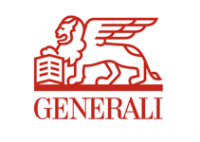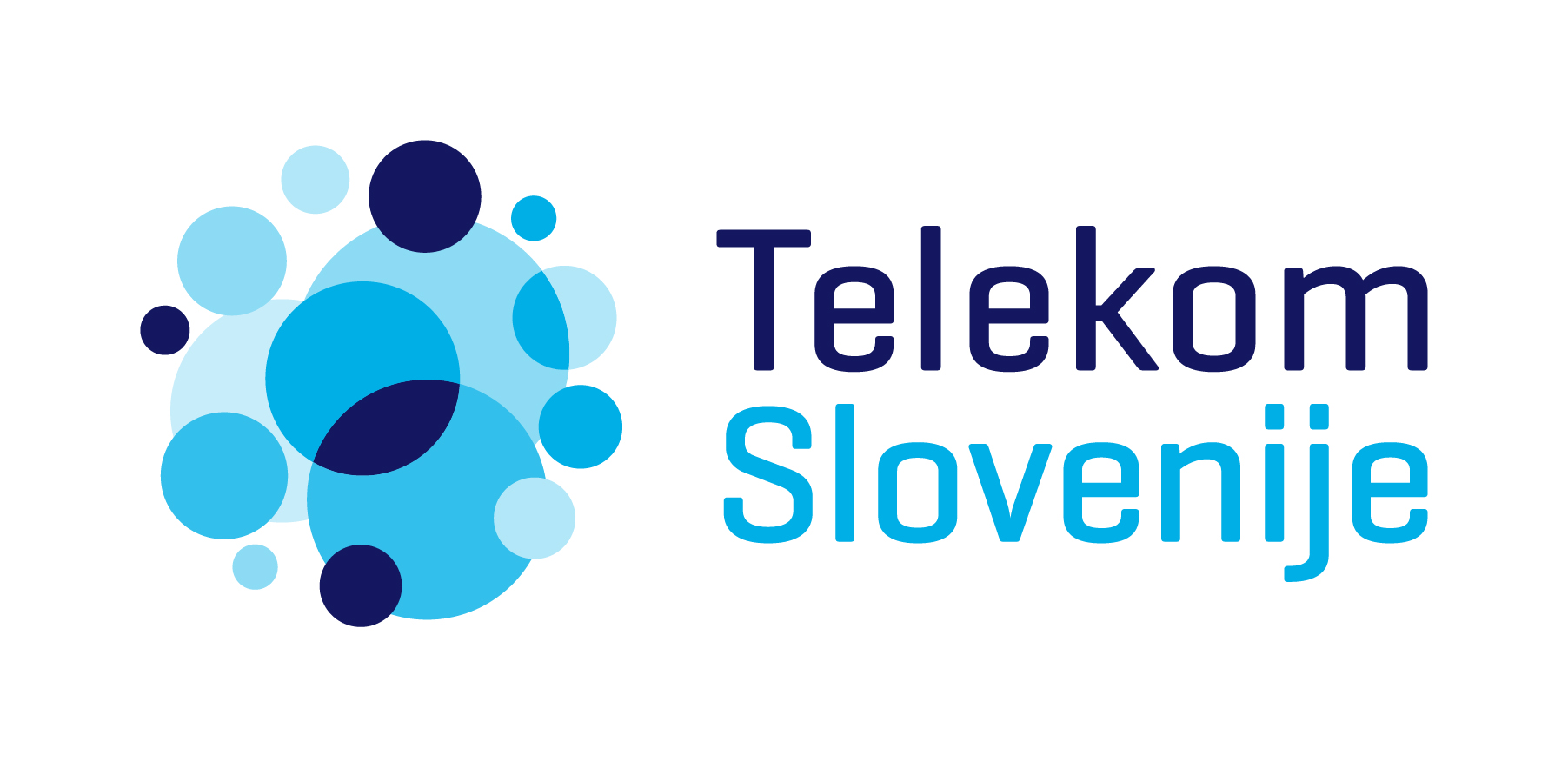Teamwork is an important ingredient of modern day employment. Research suggests that the time devoted to teamwork has increased by 50 percent in the last two decades. Companies need to adapt to these trends and learn how to collaborate efficiently in order to succeed in a complex global market.
A number of studies have identified the advantages of teamwork development at the workplace. Among these are:
- Quick identification of errors: when working as a team, employees notice mistakes faster and find better solutions.
- Excellent outcomes: teamwork produces better outcomes, while employees report higher levels of job satisfaction.
- High profitability: close collaboration between employees helps drive a company’s profitability.
Our different stages of team development:
- Psychological assessment of team members,
- Identifying the current level of a team’s progress,
- Finding and effecting the most suitable improvements based on the needs of the team.
We devote special attention to transfer of knowledge and agreement keeping to everyday activities. Behaviour change and accepting novelties are often challenging for people. This is why we have developed an approach for introducing new behaviours into practice in a structured manner, while monitoring one’s own development.
Advantages
By participating in a team development process, the employee obtains:
- An opportunity for self-awareness: a psychological report and specific feedback from a psychologist allow the individual to become more aware of their psychological profile, understand their strengths and learn how to utilize their personal characteristics to become more effective as a team member.
- An insight into how the team works: this allows the individual to adapt their behaviour more efficiently in order to perform better at work. Understanding and appreciating the workings of a team contributes to feelings of safety and to a happier workplace.
By participating in the team development process, the manager obtains:
- An insight into the features of their own team: this allows the manager to efficiently develop and unlock the potential of their employees
- Feedback about the team’s opinion on collaboration and what their expectations are for efficient teamwork in the future.
By participating in the team development process, the organisation obtains:
- A more efficient and productive team,
- Information about the features, strengths, and shortcomings of the team,
- A better work environment and dedicated colleagues who will feel indispensable to the team and the organisation.




